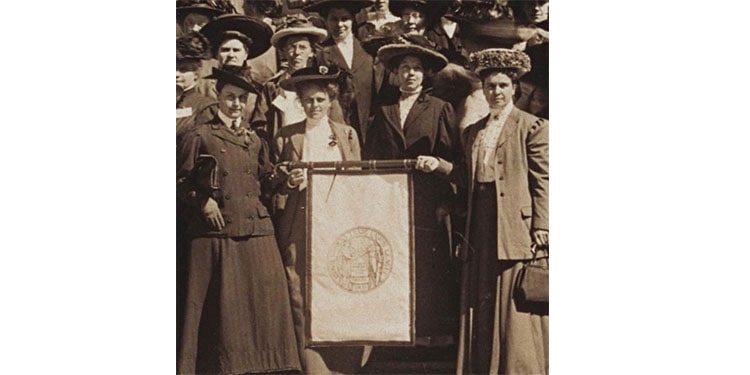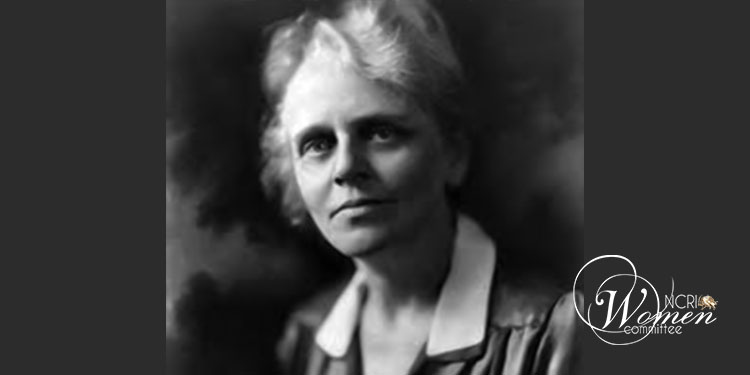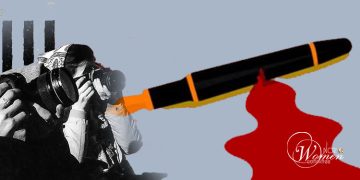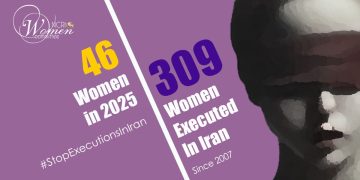Mary Elisabeth Dreier (September 26, 1875 – August 15, 1963) was a leading American social reformer, labor activist, and suffragist whose tireless advocacy helped shape the early 20th-century fight for workers’ rights and gender equality. Born into a wealthy New York City family of German descent, Dreier used her privilege not for comfort, but for change—emerging as a powerful voice for working-class women.
As chair of the New York Women’s Trade Union League (WTUL) from 1906 to 1914 and again from 1915 to 1922, Dreier played a pivotal role in organizing garment workers and championing better labor conditions. Under her leadership, the WTUL supported landmark strikes, including the Uprising of the 20,000 in 1909—a historic walkout by shirtwaist workers demanding fair wages and safer factories.
A close ally of fellow reformers like Rose Schneiderman and Frances Perkins, Mary Elisabeth Dreier helped bridge class divides between affluent activists and immigrant laborers. Her work extended beyond labor to include suffrage; Mary Elisabeth Dreier was an active member of the National American Woman Suffrage Association, pushing for the 19th Amendment.
Mary Elisabeth Dreier also served various city and state commissions, influencing public policy on housing, factory safety, and social welfare. Her legacy reflects a rare blend of empathy, intellect, and action, a life devoted to justice for those too often unheard.

























